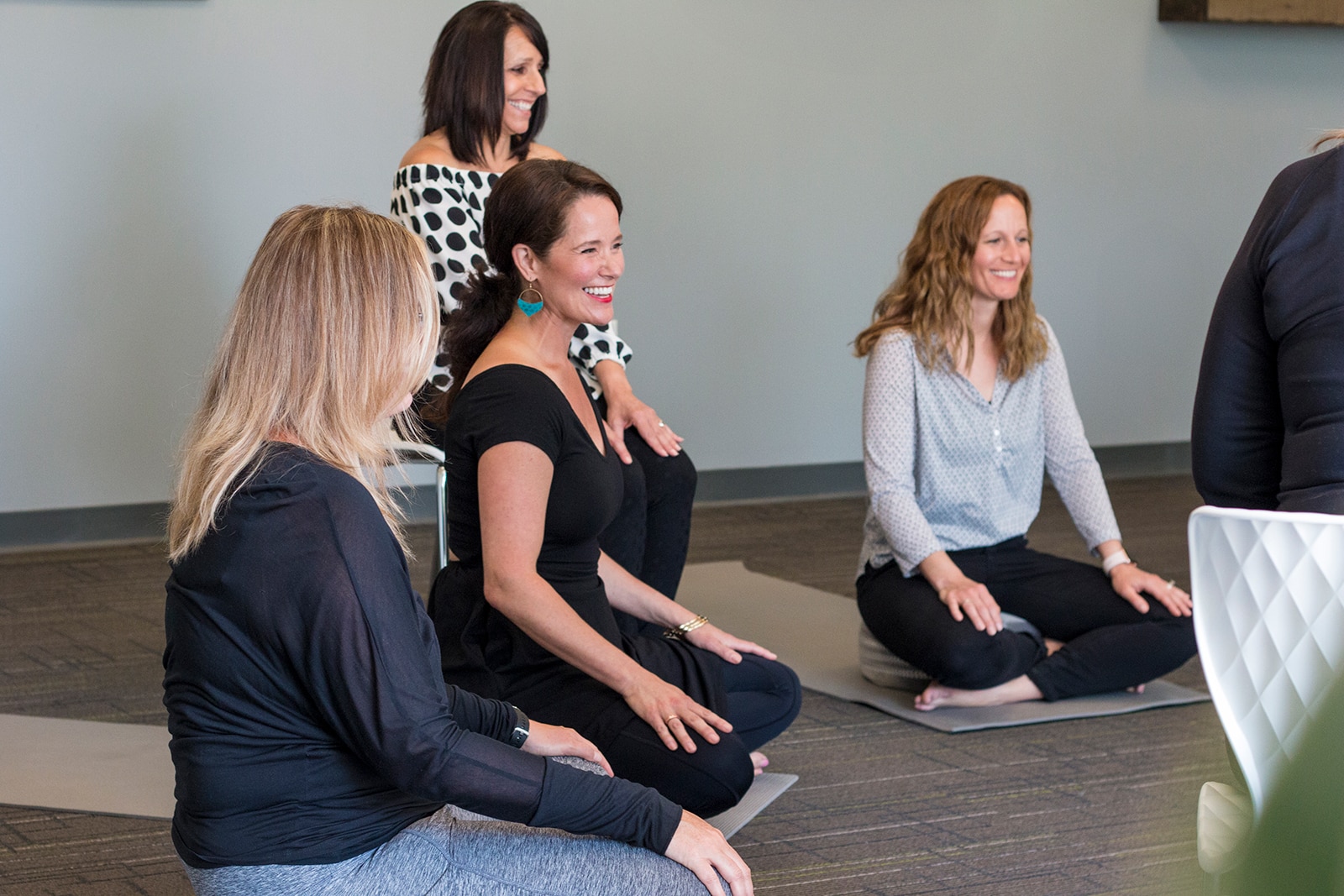In our fast-paced business world, the pressure to perform is never-ending. Whether it’s meeting tight deadlines, leading a team, or juggling work and personal life, stress piles up quickly. Yet, a simple yet effective way to combat stress is meditation. It isn’t just for relaxation; meditation can boost focus, uplift productivity, and give you the clear-headedness needed to overcome work challenges.
So, how does meditation ease work-related stress? How can we stress less, and what are some simple ways to fit meditation into our daily schedule for the best results?
How Stress and Productivity Are Linked
First, it’s important to understand how stress affects productivity. At work, stress can take a serious toll on both mental and physical health. Long-term stress can cause burnout, fatigue, and serious health problems like high blood pressure or stomach issues. Mentally, stress messes with your thinking – affecting focus, memory, and decision-making.
When I’m overwhelmed, my focus wanes, and my productivity dips. Short bursts of stress might push us to get things done, but ongoing stress just lowers efficiency and hampers creativity. This is where meditation comes in handy. It helps break the stress cycle by giving rest to both body and mind, helping restore focus.
The Science Behind Meditation’s Stress-Relief Benefits
Research shows that meditation can greatly impact the brain. Studies find that mindfulness meditation can change the brain’s structure, boosting areas tied to positivity, attention, and decision-making while reducing activity in parts linked to stress and anxiety.
One big perk of meditation is its ability to lessen cortisol production, the main stress hormone. High cortisol levels can cause lots of health issues, including sleep problems and a weak immune system. Regular meditation helps keep cortisol levels in check, leading to a more balanced work life.
Plus, meditation activates the parasympathetic nervous system, known as the “rest and digest” system. This counters the “fight or flight” reaction triggered by stress, bringing a sense of balance and relaxation, even on a busy workday.
How Meditation Boosts Productivity
Better Focus and Attention: Meditation trains the mind to stay in the present moment, making it easier to focus on tasks. Setting aside time for meditation sharpens my focus and helps manage tasks more effectively. Instead of jumping from one task to another with scattered attention, meditation keeps me concentrated, leading to better quality work and faster results.
Improved Decision-Making: When stressed, clear thinking gets clouded by emotions, making decisions tough. Meditation clears the mental fog, enhancing clarity and improving the ability to make thoughtful choices. It also helps manage emotions, making me less likely to make impulsive or emotion-driven decisions.
Boosted Creativity: Meditation encourages mental relaxation, unlocking creativity. When the mind is focused and present, I’m more likely to face challenges with fresh perspectives and innovative ideas. Research says that meditation boosts divergent thinking – the creative thinking that leads to original ideas – making it a powerful tool for problem-solving and innovation at work.
Easy Ways to Add Meditation to Your Workday
If you’re new to meditation or want to share it with coworkers, start small and fit it into your routine. Here are some easy steps to add meditation to your workday:
Start with Short Sessions: If you’re new to meditation, begin with 5-10 minutes a day. Do it during your lunch break, in the morning before work, or even as a quick midday reset. You can slowly increase your meditation time if you find it helpful.
Use Guided Meditations: If you’re unsure how to start, lots of apps and resources offer guided meditations. Many focus specifically on work stress relief, emphasizing relaxation, focus, and productivity. Our free meditation app offers various guided sessions to fit different goals and time limits.
Practice Deep Breathing: One of the easiest forms of meditation is deep breathing. During a busy workday, take a moment to focus on your breath. Inhale deeply through your nose, hold for a bit, then slowly exhale through your mouth. This exercise quickly reduces stress and improves both focus and mood.
Mindful Breaks: Regular short breaks throughout the day are key to avoiding burnout. Use these moments for mindfulness – whether it’s a brief meditation, a mindful walk, or a few minutes of stretching. These breaks help me recharge and return to work with new energy and focus.
Create a Calm Work Space: If possible, set up a quiet spot in your office or home for quick meditation sessions. A peaceful, uncluttered space can enhance your meditation experience and offer a break from daily work stress.
Meditation’s Long-Term Impact on Workplace Wellness
Adding meditation to my work routine not only cuts stress and boosts productivity in the short term but also brings long-term benefits to workplace wellness. Regular meditation builds emotional strength, reduces absenteeism, and increases overall job satisfaction. Teams that meditate together can form stronger connections and improve teamwork, creating a more supportive work environment.
For managers, promoting meditation shows they care about employee health. By encouraging a culture of mindfulness and balance, companies can lower turnover rates, foster innovation, and create a positive, sustainable work environment.
Meditation is more than a way to relax; it’s a powerful tool that can change your work approach. By reducing stress, sharpening focus, and sparking creativity, meditation helps us not only manage our workday but also thrive in them. Whether working from home or in an office, spending a few minutes each day on meditation can greatly impact both personal health and professional success.



